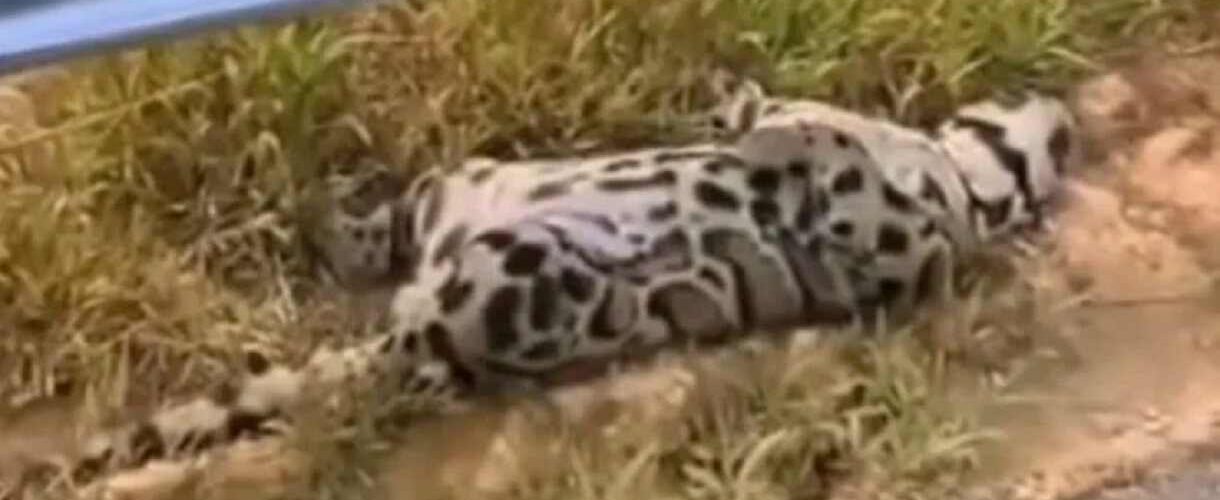The Consumers’ Association of Penang (CAP) has raised a pressing issue regarding the increasing number of roadkill incidents in Malaysia, urging authorities to take immediate and decisive action. Mohideen Abdul Kader, President of CAP, highlighted the urgent need for intervention from the Minister of Natural Resources and Environmental Sustainability, the Wildlife Department (PERHILITAN), and highway authorities.
“Roadkill incidents in Malaysia have become increasingly common,” said Mohideen in a statement. “The continuous rise in roadkill incidents is truly alarming.” The 2022 Auditor-General’s Report revealed 2,562 wildlife deaths on Malaysian roads between 2016 and 2021, with Pahang recording the highest number at 755 cases. Victims include critically endangered species like the Malayan tiger, of which fewer than 150 remain in the wild.
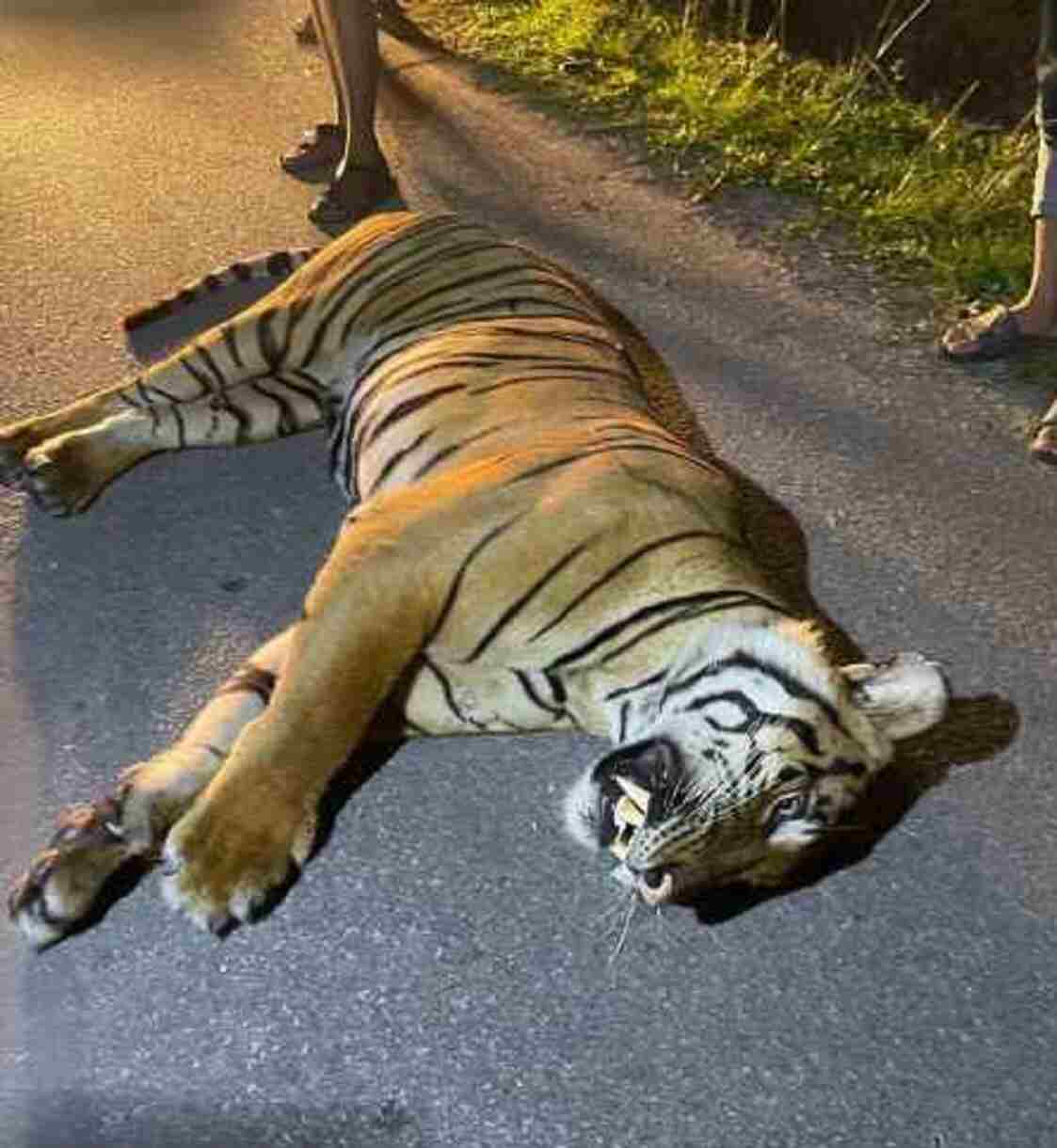
Impact on Wildlife and Habitat
The fragmentation of wildlife habitats due to road construction is a significant factor contributing to these incidents. “The construction of roads through wildlife habitats causes forest fragmentation, leading to habitat loss and changes in species abundance,” Mohideen explained. “This results in an increase in mortality rates due to vehicle collisions.”
The tragic deaths of a tapir and a clouded leopard in March 2024 highlight the immediate need for better measures. “Injured animals left unattended on the road may endure immense pain and suffering before succumbing to their injuries,” Mohideen added.
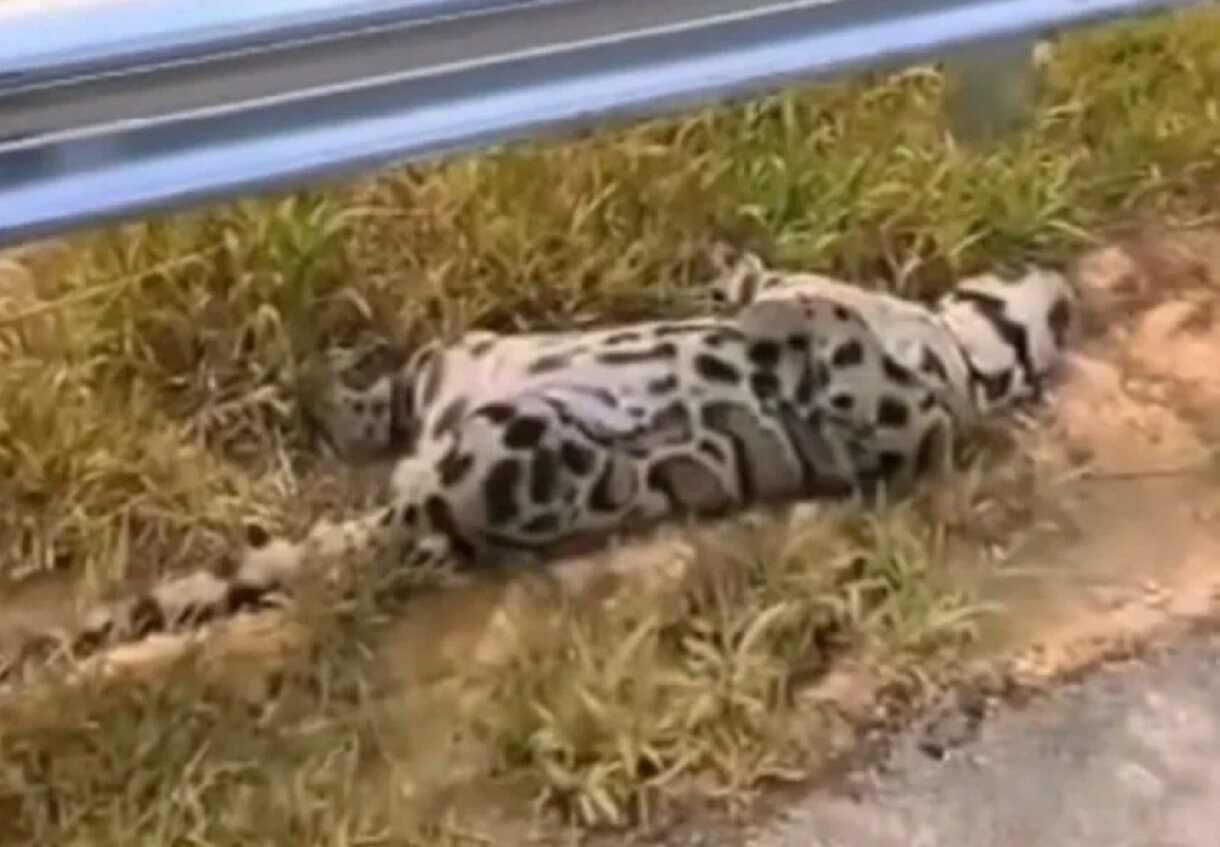
Proposed Solutions and Mitigation Measures
CAP has proposed several measures to mitigate the impact of roads on wildlife. These include the implementation of speed reduction zones, wildlife reflectors, and comprehensive road ecology studies. “Strategies to encourage wildlife to utilize overpasses and underpasses need to be explored,” Mohideen suggested.
Innovative ideas from other countries, such as life-sized cutouts of wildlife and 3D optical illusions to prevent collisions, have proven effective and could be adapted locally. Additionally, CAP emphasizes the importance of driver education and public awareness campaigns to change indifferent attitudes towards wildlife.
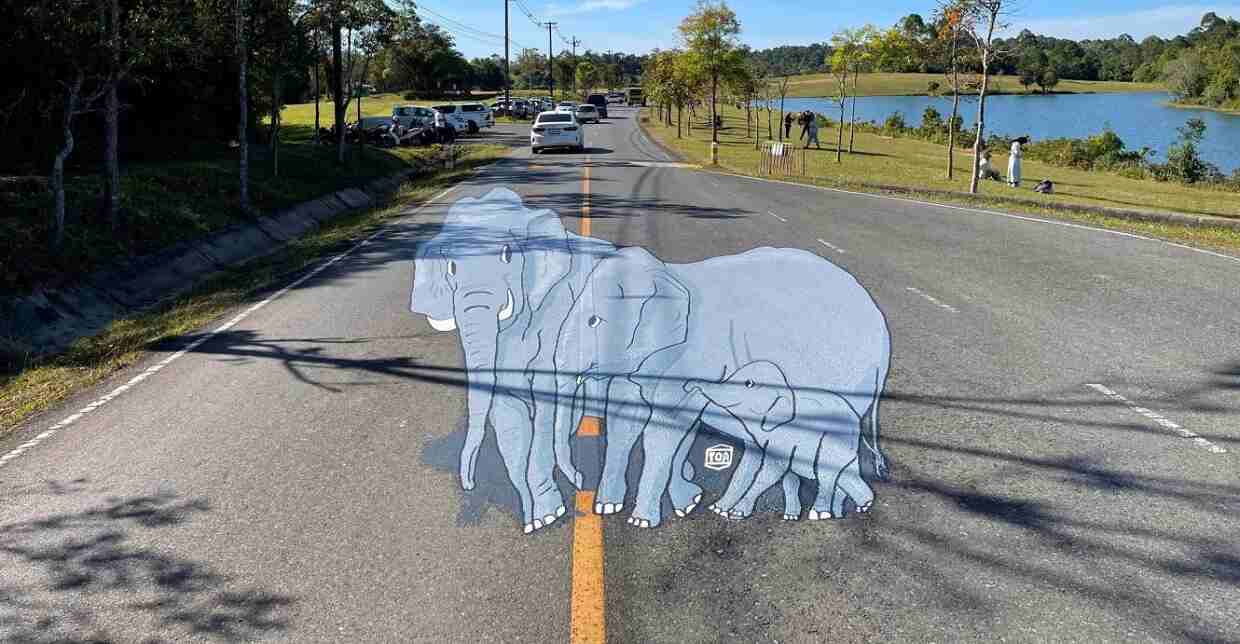
“The significance of wildlife ought to be integrated into school syllabi to cultivate a sense of accountability from a young age,” Mohideen urged. CAP also recommends meticulous road planning in biodiversity-rich areas and the construction of wildlife crossings integrated with elements from tropical forests to attract animals.
Call for Comprehensive Data and Conservation Efforts
Mohideen stressed the need for comprehensive and representative data on roadkill incidents, particularly in areas undergoing land use expansion. “The impact of roads on wildlife has not been adequately studied and often overlooked, which could endanger biodiversity, especially for small vertebrates,” he noted.
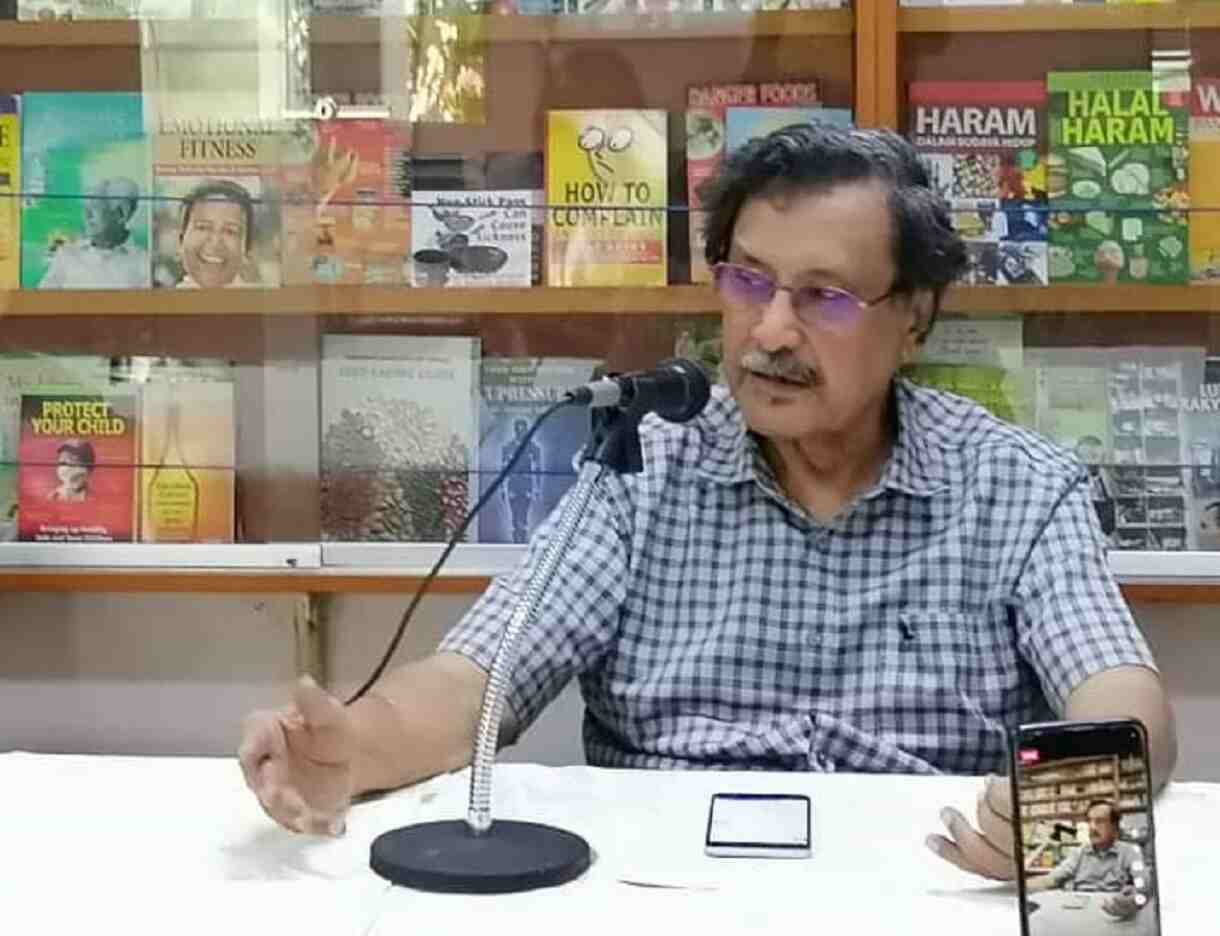
Preserving ecological connectivity through protected and interconnected areas is crucial for wildlife conservation. “Now more than ever, it is essential to enhance biodiversity and combat habitat fragmentation,” Mohideen concluded, calling for immediate and concerted efforts to address this critical issue.


